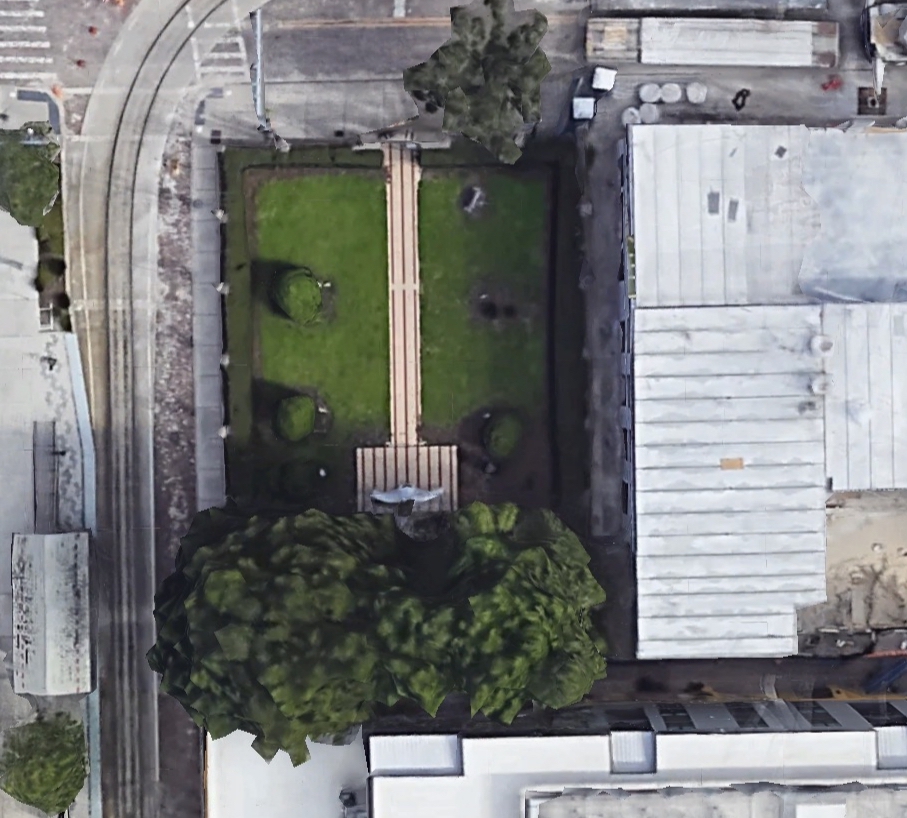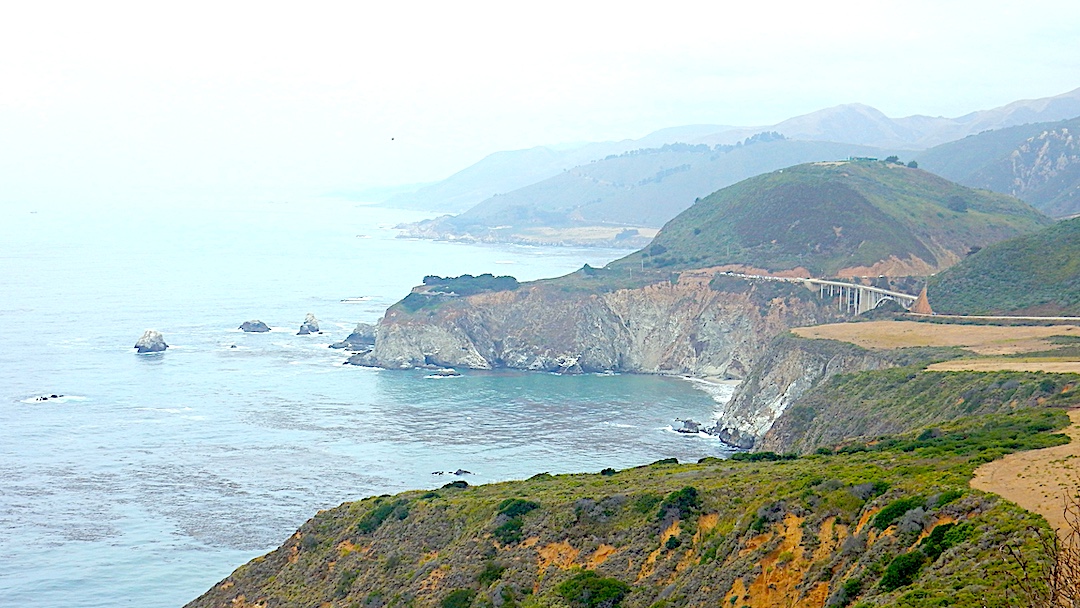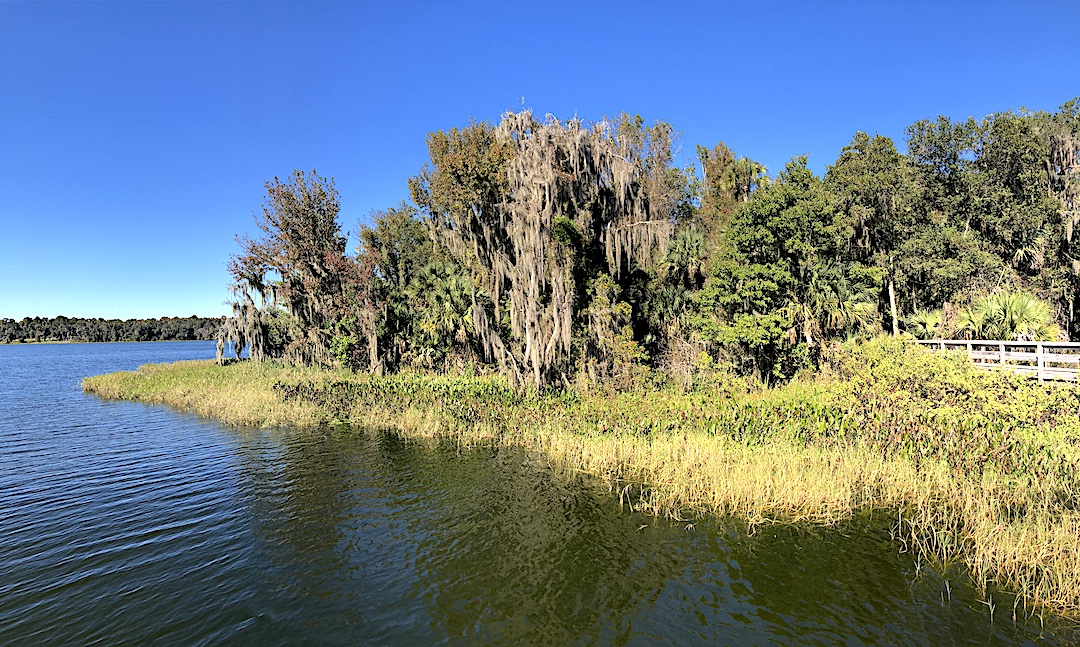No, it’s not the latest in virtual reality tours. You can stand on real Cuban soil—actual land owned by Cuba— and relax under the sun and watch the chickens walk by. Yes, the chickens are real, too. No passport required.
The Tampa, Florida neighborhood of Ybor City is a cultural melting pot, influenced by its 135-year-old Cuban heritage. In the heart of Ybor you’ll find Jose Marti Park, just a small street corner parcel of land honoring Cuba’s freedom fighter. Marti, also known as the “George Washington of Cuba, ” was living in exile in Florida, making fiery speeches to embolden Cubans to fight to free themselves from Spanish rule, which they did and won.
The land on which the park was established was purchased by a Cuban couple living in Havana in 1956, according to a research paper by the University of South Florida. The couple then donated the land “for and in consideration of their love and affection for their Native Country . . .” to “Estado Cubano” -the Republic of Cuba.
According to USF’s research in 1976, the transfer of land to the Republic of Cuba was approved by the Consul of The United States in Havana. The transaction was finalized when the deed was recorded in Hillsborough County, Florida on January 31, 1957 and the land was declared tax exempt.
Today, Jose Marti Park is open to the public for free and managed by the City of Tampa. Also, Tampa’s Cuban Historical and Cultural Center helps to support the park, which is located at 303 East 8th Avenue. Jose Marti Park is conveniently across the street from an Ybor City Trolley station.
This was the only Cuban-owned land in the United States for sixty years, until 2015 when the Cuban Embassy opened in Washington, D.C. Surrounding Marti’s statue are markers on areas of soil taken from different parts of Cuba. Free-roaming chickens in the park is a unique feature and a source of Ybor City community pride.
If you never make it to the island of Cuba, this park could be your next best alternative, and you can leave your passport at home.










